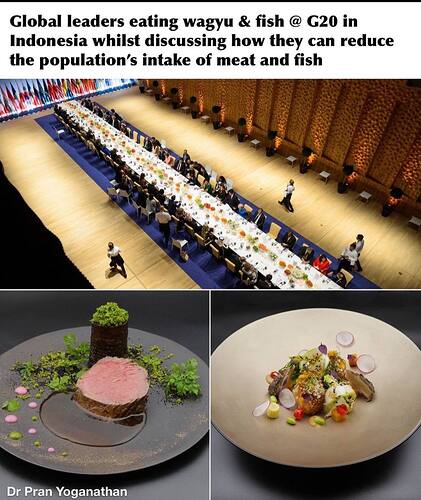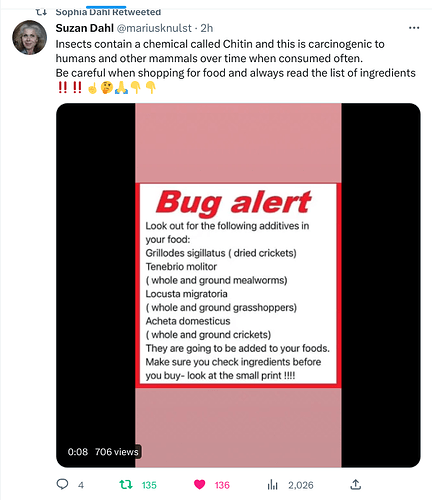The British Government is Experimenting With Feeding African Kids Worms, Locusts, and Flies.
The British government is funding projects pushing Africans to farm and consume insects, including school-age children, in randomized trials, to assess their effects.
The United Kingdom Research and Innovation (UKRI) – a subsidiary of the country’s Department for Business, Energy and Industrial Strategy – is responsible for backing the projects taking place in the Democratic Republic of the Congo and Zimbabwe.
With a roughly $320,000 grant from the aid office, researchers in Zimbabwe will be experimenting with using mopane worms in porridge served to children in schools. Poor children aged seven to 11 in the towns of Gwanda and Harare will be fed the concoction derived from the caterpillars, which researchers allege are high in vitamins and minerals.
Ultimately, a randomized trial will be carried out to compare if children consuming insects perform better in school than their counterparts.
In the Democratic Republic of the Congo, researchers will use a roughly $55,000 grant to “promote the production of insects for human food and for use in the manufacture of animal feeds,” according to a synopsis from the Foreign, Commonwealth, and Development Office’s development tracker website. The funds are being provided by the Catholic Agency for Overseas Development (Cafod).
Among the insects being pushed for consumption are caterpillars, migratory locusts, and black soldier flies. The project, which began in March and will conclude in December, is a response to water shortages allegedly due to stress placed on the environment from animal farming.
It is unclear whether or not the conclusion from the work in Africa will be applied back in the United Kingdom, though, experts in the field interviewed by mainstream media outlets have claimed it is likely.
Dr. Sarah Beynon, for example, the founder of the Bug Farm in Pembrokeshire and an academic entomologist, claimed these aid projects were “a sure way to save lives and improve nutrition of the poorest people on planet Earth,” while speaking with The Guardian.
“We are also actively encouraging people in the developed world to include insects in their diets,” she later added.
“With a population that has an appetite set to far exceed the planetary limits, and with current agriculture decimating biodiversity and changing the climate, we have no option but to change how we produce and consume food … and our views on the topic too,” Dr. Benyon continued.
Similarly, a spokesperson from the UKRI admitted:
“We support specific research projects with funding, but we anticipate that the learnings and knowledge gleaned will benefit citizens around the world irrespective of their economic status. The protein and environmental benefits of consuming insects have been widely reported globally.”
The unearthed grant is the latest example of the environment and climate being used as an excuse to push radical changes to traditional diets and farming practices.







